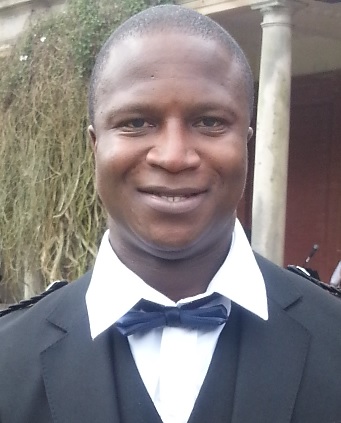The inquiry into the death of Sheku Bayoh continues, with Deborah Coles, executive director of INQUEST, giving expert evidence to the inquiry.
Sheku Bayoh, a 31-year-old Black gas engineer, died in Scotland following contact with police in 2015. Prior to his death, police used pepper spray and batons to incapacitate him. He was restrained by seven officers, handcuffed and bound. Within minutes, Sheku had stopped breathing and died.
The investigation into his death by the Police Investigations and Review Commissioner has been criticised by the family. The family allege that police initially told them Sheku had been ‘found dead’. After an investigation was announced, the nine police witnesses congregated for eight hours after the incident. Their statements were not taken for 32 days. Police accounts of the incident have been contradicted by eyewitnesses.
The Lord Advocate subsequently decided that no officer would face charges. As a result of pressure by the family, an inquiry was ordered, with a remit including investigation of the role of race and racism in Sheku’s death. However, undertakings requested by the officers that evidence would not be used against them in criminal proceedings has meant that the family ‘may never win justice’.
Deborah Coles, executive director of INQUEST, has given expert evidence to the inquiry about the role race and racism play in police deaths. She stated that ‘when you look at these deaths collectively… [the] disproportionate level of violence and neglect and the excessive response to the people who died, you see that pattern very clearly’. Describing police response to black men suffering a mental health crisis, she said ‘It’s almost that what happens is that the police lose sight of somebody as a human being’. Racialised or stereotypical language is ‘a feature of all the deaths of Black people that we have ever worked on… it is intrinsic to policing and police culture.’
She has also discussed the response to families after the death. Families are ‘demonised’, and ‘feel like they were being investigated, rather than the investigation looking into those in whose care and custody the person died’. Investigations seem to have ‘a narrative [of the victim’s criminality] in their minds, and they’re working towards justifying and explaining that narrative, rather than approaching it independently’.
The inquiry continues.







